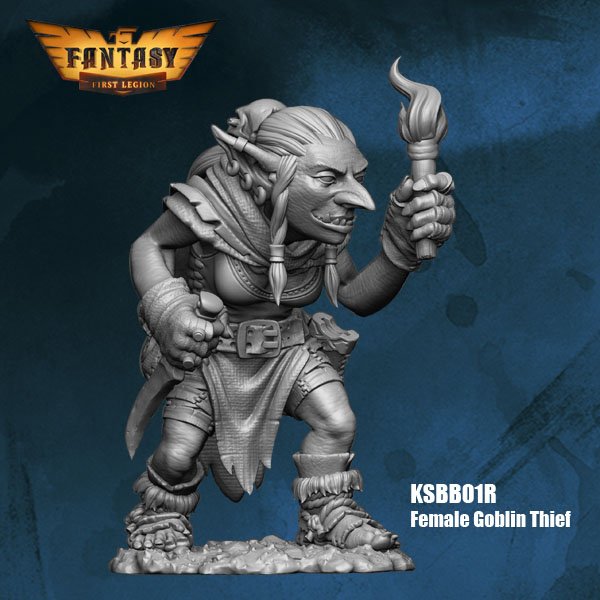
His life was saved by a Jew Erik Vandenberg in World War I, and he keeps his promise to Erik's widow by hiding her son Max from the Nazis. An amateur accordion player, Hans is a tall, gentle man with a remarkable amount of integrity and bravery - Hans' compassion sets a strong example for Liesel, who is soothed by his presence. Max survives the camp, however, and reunites with Liesel shortly after the war's end. Liesel later sees him among such a procession, on his way to Dachau. Max makes two books for Liesel, both of which involve thinly-veiled allegories about their friendship and Nazi Germany: an illustrated story called "The Standover Man," and a long book of sketches that includes the short story "The Word Shaker." Max leaves the house after Hans gives an old Jew being marched to a concentration camp a piece of bread in public. Their friendship grows very deep, and Liesel reads to Max every night when he falls comatose. Max is wracked with anguish and guilt over leaving his family to save himself, but he comes to befriend Liesel as the two share their respective nightmares.

Max was a fist-fighter growing up, and as a teenager he resolves not to die without a fight. Max VandenburgĪ 23-year-old Jew who hides from the Nazis in the Hubermanns' basement. Death describes her as a "perpetual survivor," and Liesel survives Hitler's reign while many of those whom she loves perish as a result of World War II and the Holocaust. Ultimately, Liesel learns the power of words to influence humans to act towards both good and evil as she experiences the beauty and the brutality of humanity. Over the course of the novel, she befriends Max, the Jew who arrives to hide from the Nazis in the Hubermanns' basement, and falls in love with Rudy Steiner, her best friend. Liesel is traumatized by her brother's death, but Hans proves to be a calming foster father with his help, she learns to read and soon finds comfort in the written word. Introduced by Death as "The Book Thief," Liesel is nine at the beginning of the novel, when her younger brother dies and she is given up by her mother to live with Hans and Rosa Hubermann in the small town of Molching. Death is "haunted" by humans and unable to reconcile humanity's capacity for evil with humanity's capacity for good. Liesel's story is one of a handful of survivors' tales that Death remembers in fact, Death retrieves the actual written autobiography of Liesel's life after the air raid at the end of the novel.

In its line of work, Death tries to focus on colors as a way of distracting itself from the survivors of those who have died. Death's duty is to carry away the souls of the recently departed, which it has apparently done for millenia. A metaphysical being, Death serves as the dryly cynical narrator of The Book Thief.


 0 kommentar(er)
0 kommentar(er)
